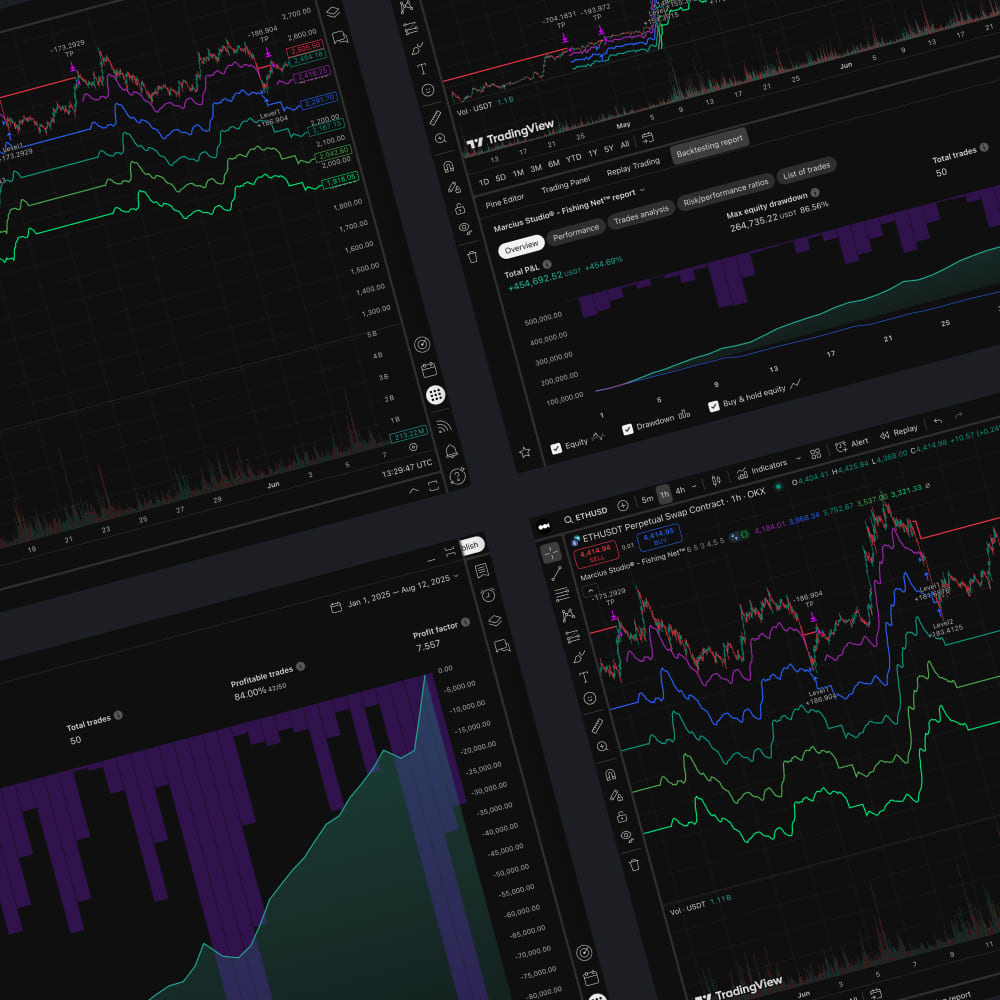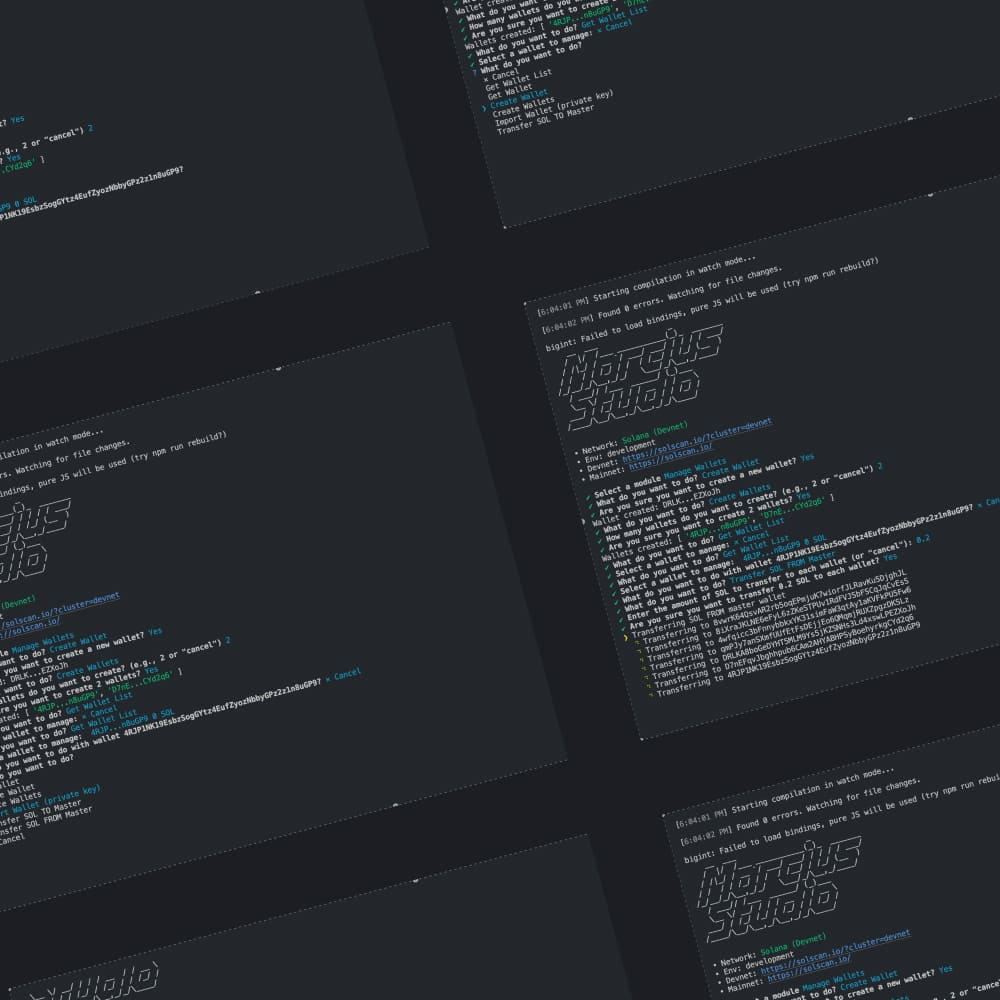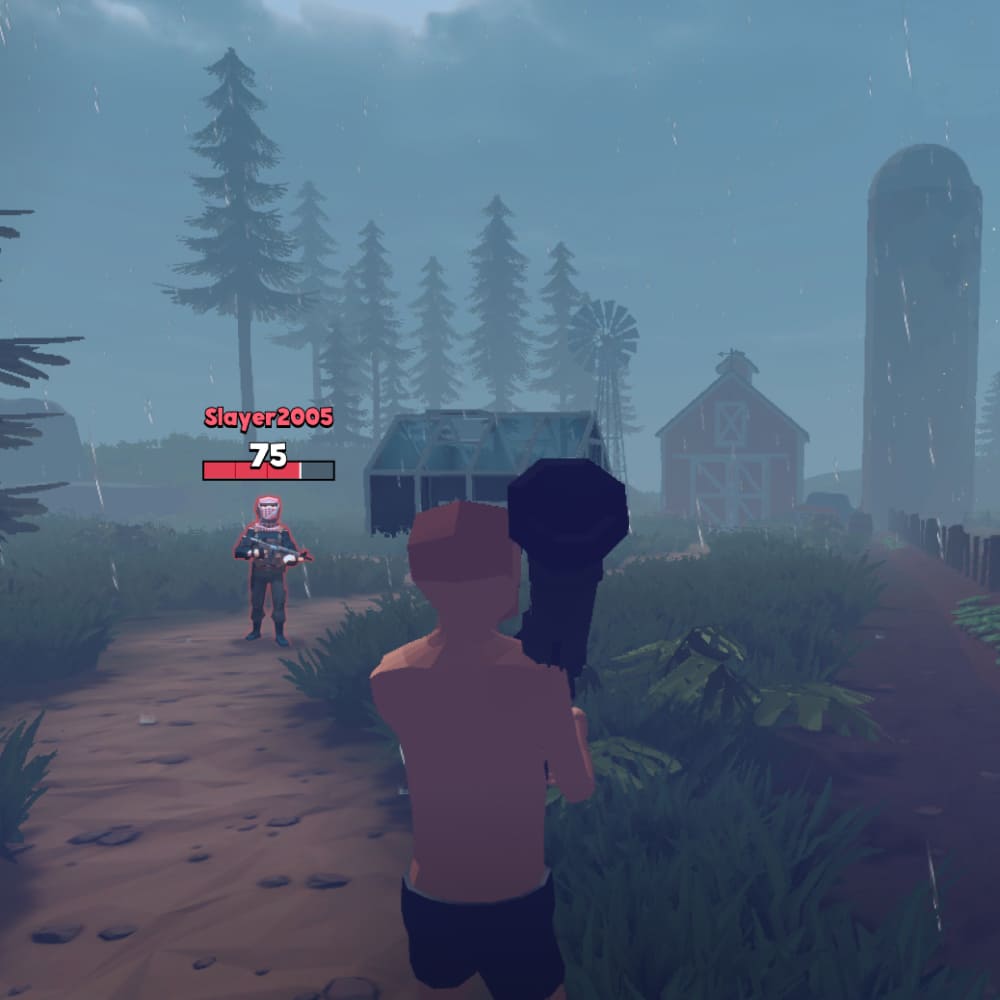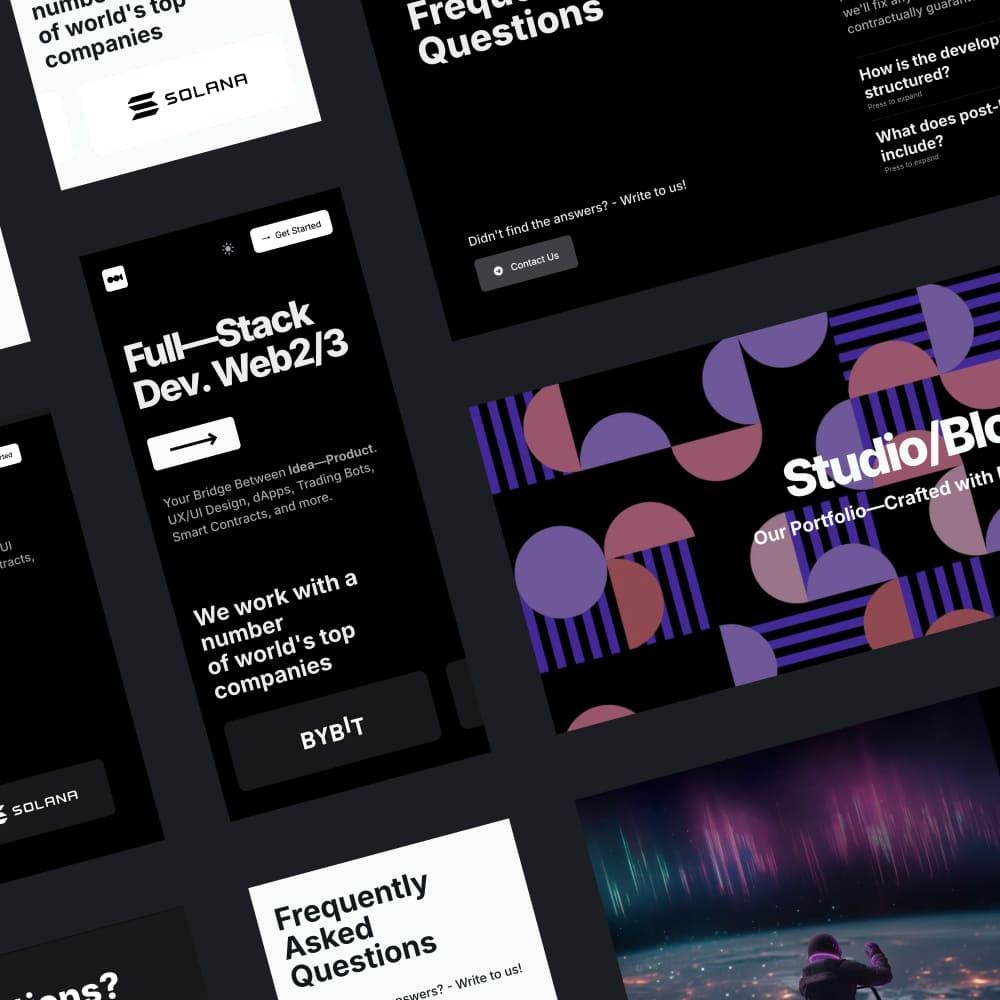Developed a Survival Zombie Shooter MMORPG for PC/Web3
How we built a Web3 zombie MMORPG that raised $1.7M and landed on Epic Games
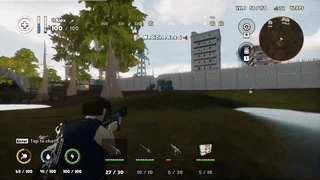
Our client was a crypto enthusiast looking for opportunities at the intersection of traditional gaming and blockchain.
- Problem: The market lacked AAA-quality games with deep gameplay and sustainable NFT economies. Web3 projects were losing players due to poor game design (Axie Infinity saw an 80% player drop), while Web2 hits (Genshin Impact: 66M players, $1.9B revenue) weren't leveraging asset ownership potential.
- Solution: A hardcore PC MMORPG with survival mechanics, NFT resources, and territorial warfare.
- Result: ~5,000 daily installs during alpha on Epic Games, $1.7M in raised investments.
Client Background#
A crypto investor focused on GameFi. Their goal was to create a game with "EVE Online's economy ($36.8B cumulative trade value) and Rust's virality, but with Web3 monetization."
The Challenge#
The Web2-Web3 Divide
- According to DappRadar (Q2 2024), top 20 Web3 games had ≤230K DAU
- Play-to-Earn crisis: Axie Infinity's model collapsed due to token inflation ($SLP dropped 99%)
Player Demand
72% of gamers wanted asset ownership (NFT land in The Sandbox sold for $130K), but 68% criticized Web3 games' low quality.
Client's Goal
Create an AAA product with Web2 retention (like Genshin Impact: 10.8M MAU) and Web3 economy.
The Solution#
A hybrid "Play-and-Own" model where blockchain enhances rather than replaces gameplay.
Visuals and Cross-Platform Approach
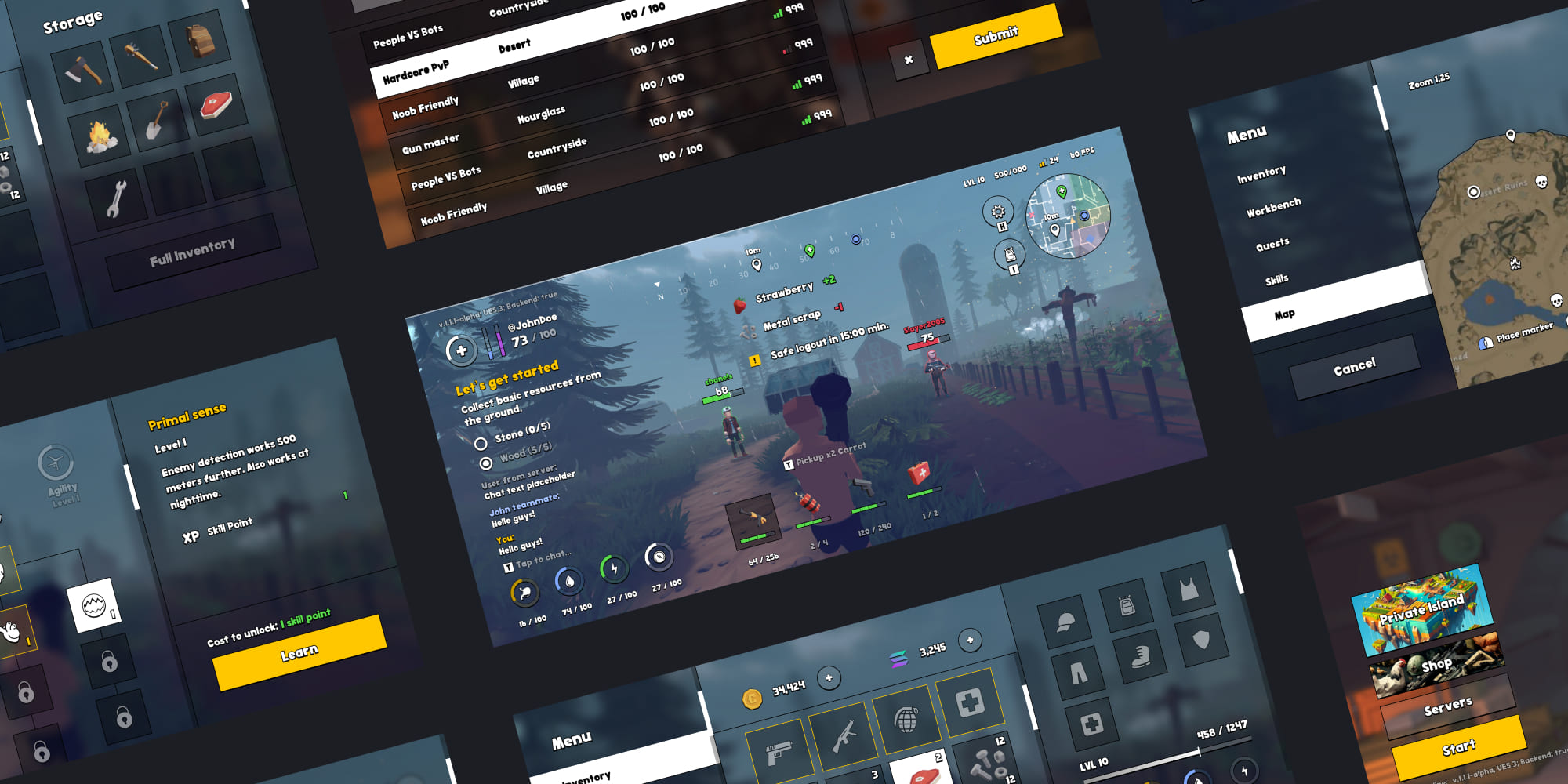
Strategic Low-Poly Style: A deliberate choice to reach 97% of devices - from low-end PCs to future mobile platforms. This isn't a compromise but an advantage:
- Performance: 120 FPS even on GTX 1060 vs. 45 FPS in AAA competitors
- Cross-Platform Architecture: UE5's modular LOD (Level of Detail) system enables one-click adaptation for iOS/Android
- UX/UI Design: WCAG 2.1 compliant interface, ≥44px elements for touch devices.
Why this matters for Web3:
- Economic scalability: Mobile launch potential reaches ×2.8B players
- Lower entry barrier: 1.5 GB client vs. 35+ GB competitors (The Day Before)
- Unified NFT ecosystem: Assets accessible across platforms via Solana Wallet
Core Mechanics

- Private Island: Personal NFT island for each player. Rare resource farming (requires NFT seeds). Guild land leasing.
- Territorial Warfare: Zone capture → NFT resource extraction → marketplace trading (EVE Online model).
- Resource Scarcity: Splinterlands-like balance (rare NFTs = 37.2% of Yu-Gi-Oh! audience).
- Building System: Fortifications, workshops, farms. Guild bases in capturable PvP zones.
- Deep Crafting: 5 complexity tiers (from workbench to factory)
Quest system for player retention
- Tutorial: 15-minute start with NFT resources
- Daily/Weekly: XP + exclusive Web2/Web3 items (-18% churn)
- Story Tale: Branching narratives with NFT endings
Scarcity economy to solve asset inflation
- Zone System: Resource rarity grows exponentially in PvP zones (1:8 vs safe zones).
- Durability: Items aren't permanent → constant crafting demand (like EVE Online ships).
Technologies#
- Engine: Unreal Engine 5 (AAA-grade graphics).
- Blockchain: Solana (65K TPS, fees < $0.01) - crucial for mass PvP battles.
- NFT Assets: Resources, land, skins, avatars (SPL Tokens).
- Monetization: Consumables sales (medkits, ammo), NFT marketplace trading fees.
Architecture
Results#

Alpha launch in 16 months:
- Installs: 5K/day (~150K/month) - 217% above Web3 average
- Retention (Day 30): 42%, nearing Web2 (Genshin Impact: ~55%).
- Funding: $1.7M Seed round.
Key Takeaways#
- Hybrid model achieved Web2-like retention (+38% vs Web3 average)
- Acquiring existing Web2 games reduces risk: Genshin Impact still generates $710M/year in 2024. Our experience shows NFT integration requires ≤20% budget vs 100% for new development.
- Economy essentials: Controlled scarcity (EVE Online model) + 2-10% marketplace royalties
